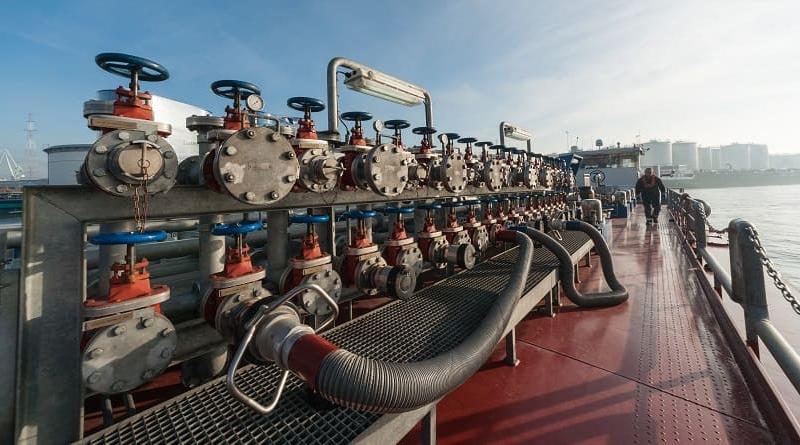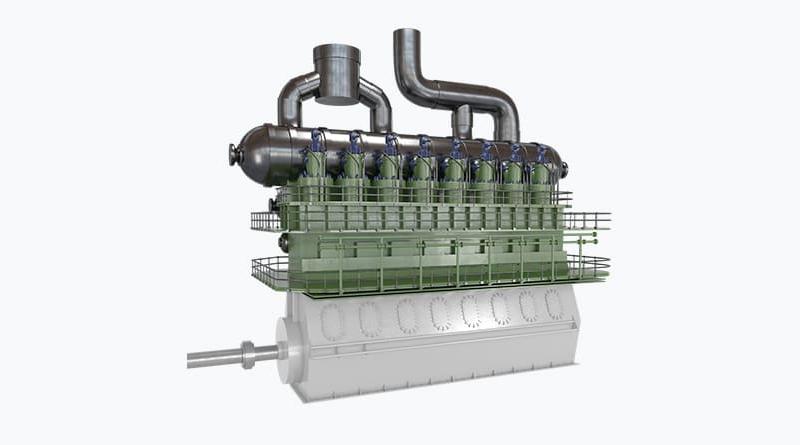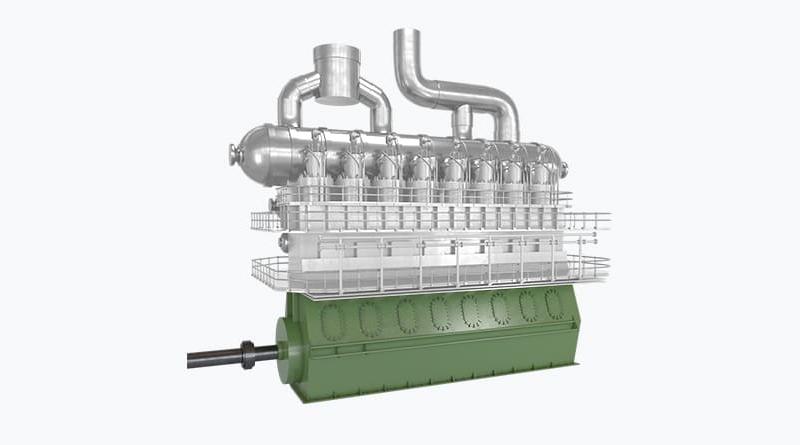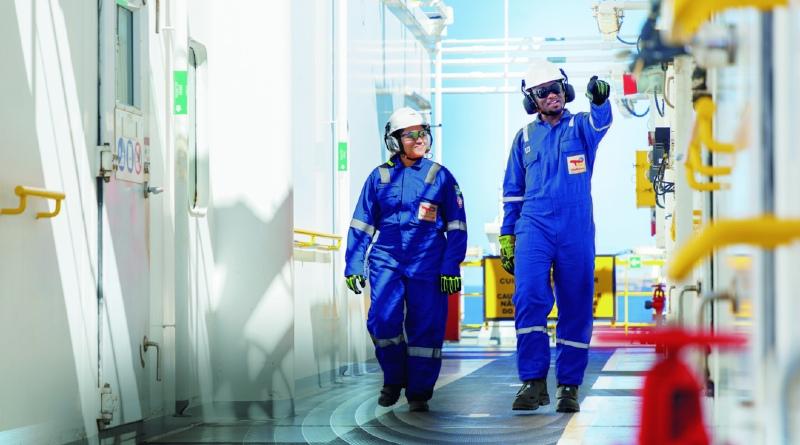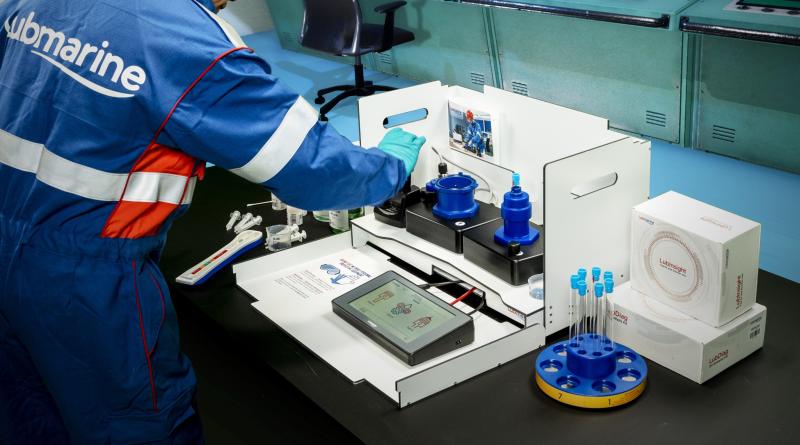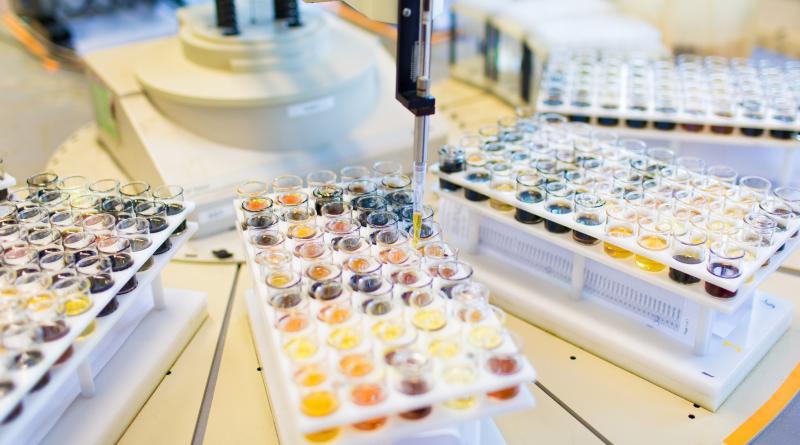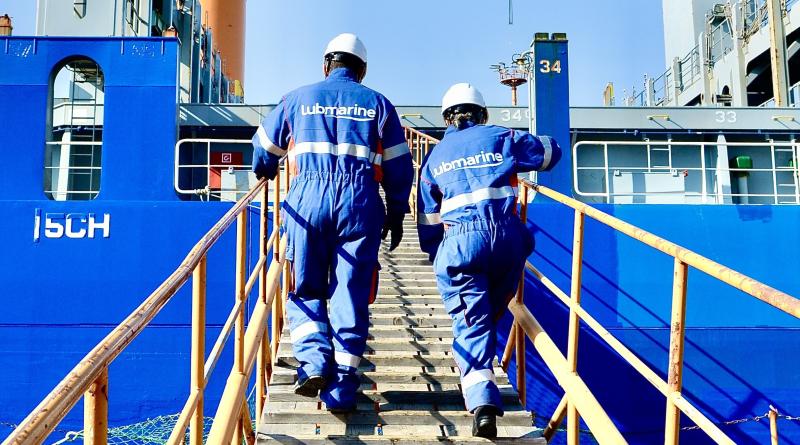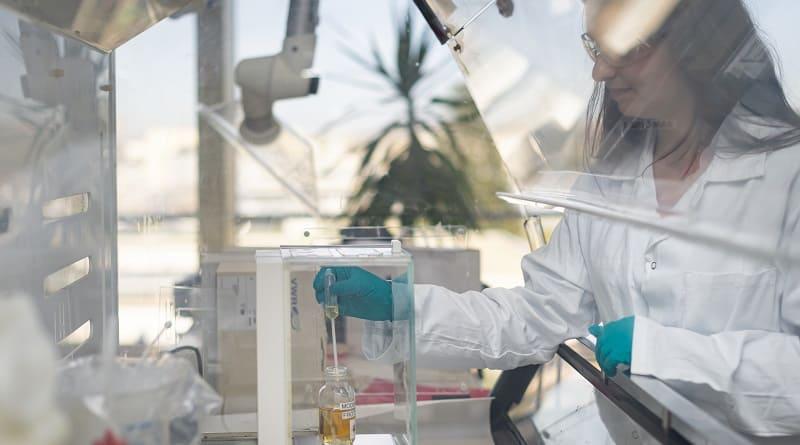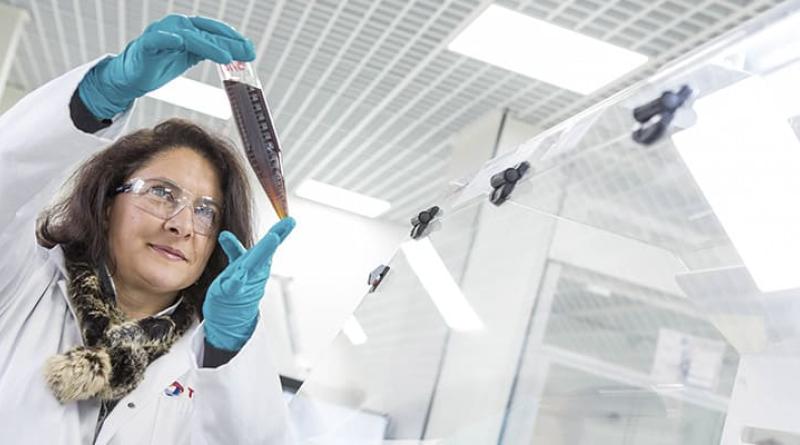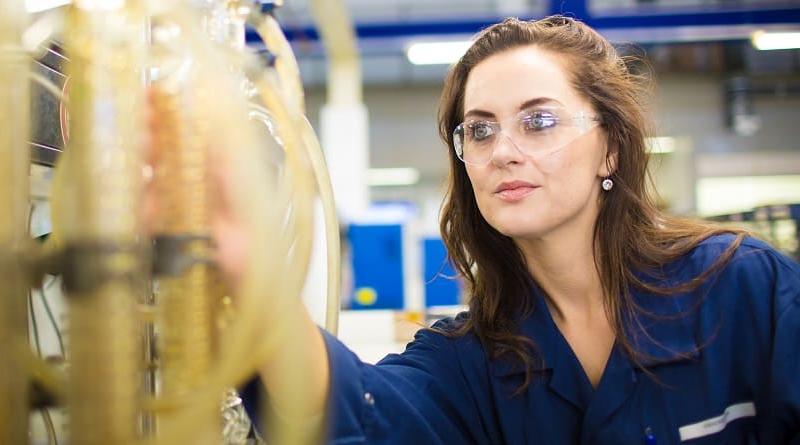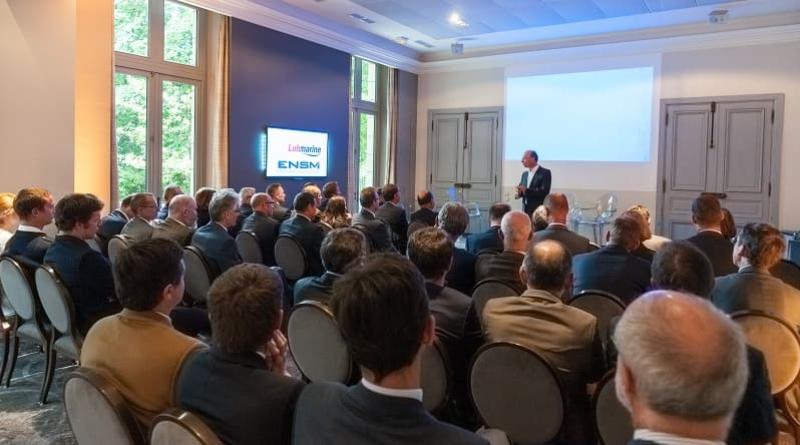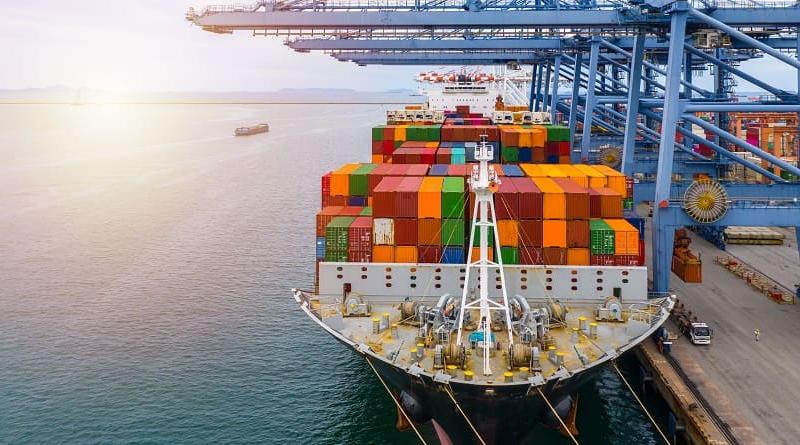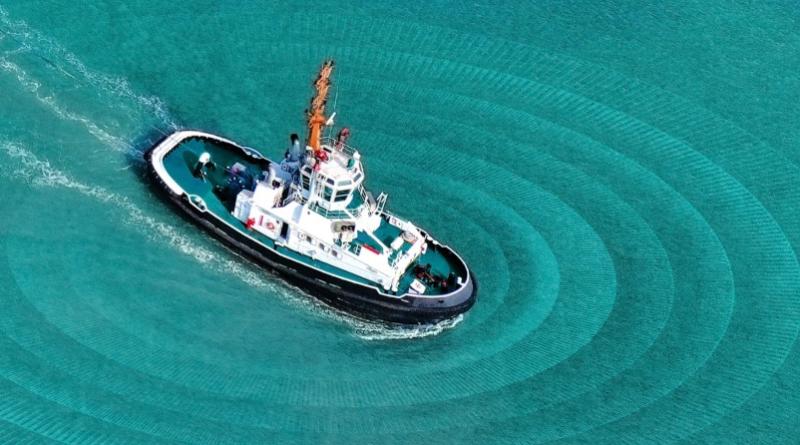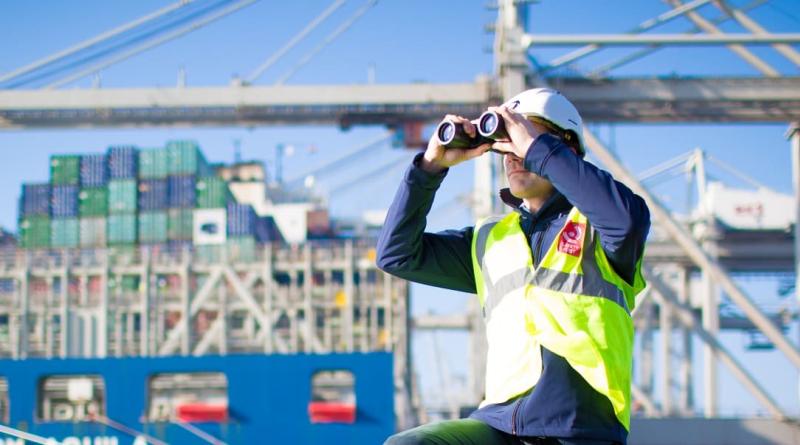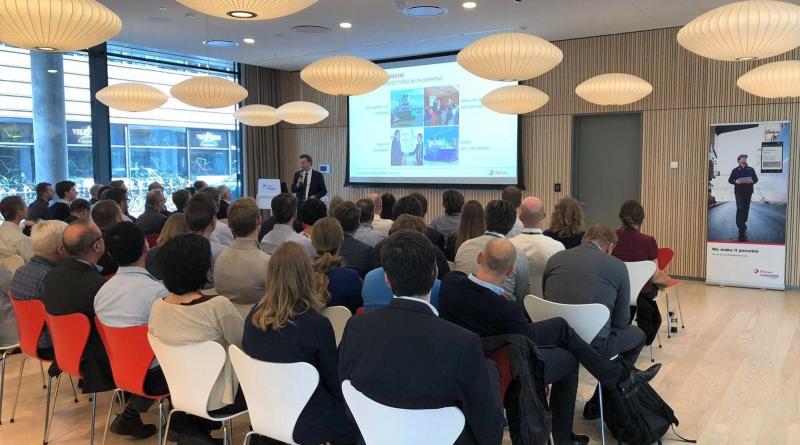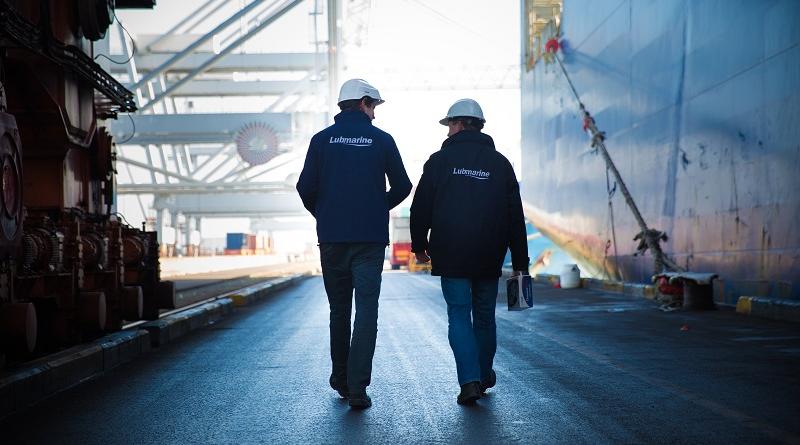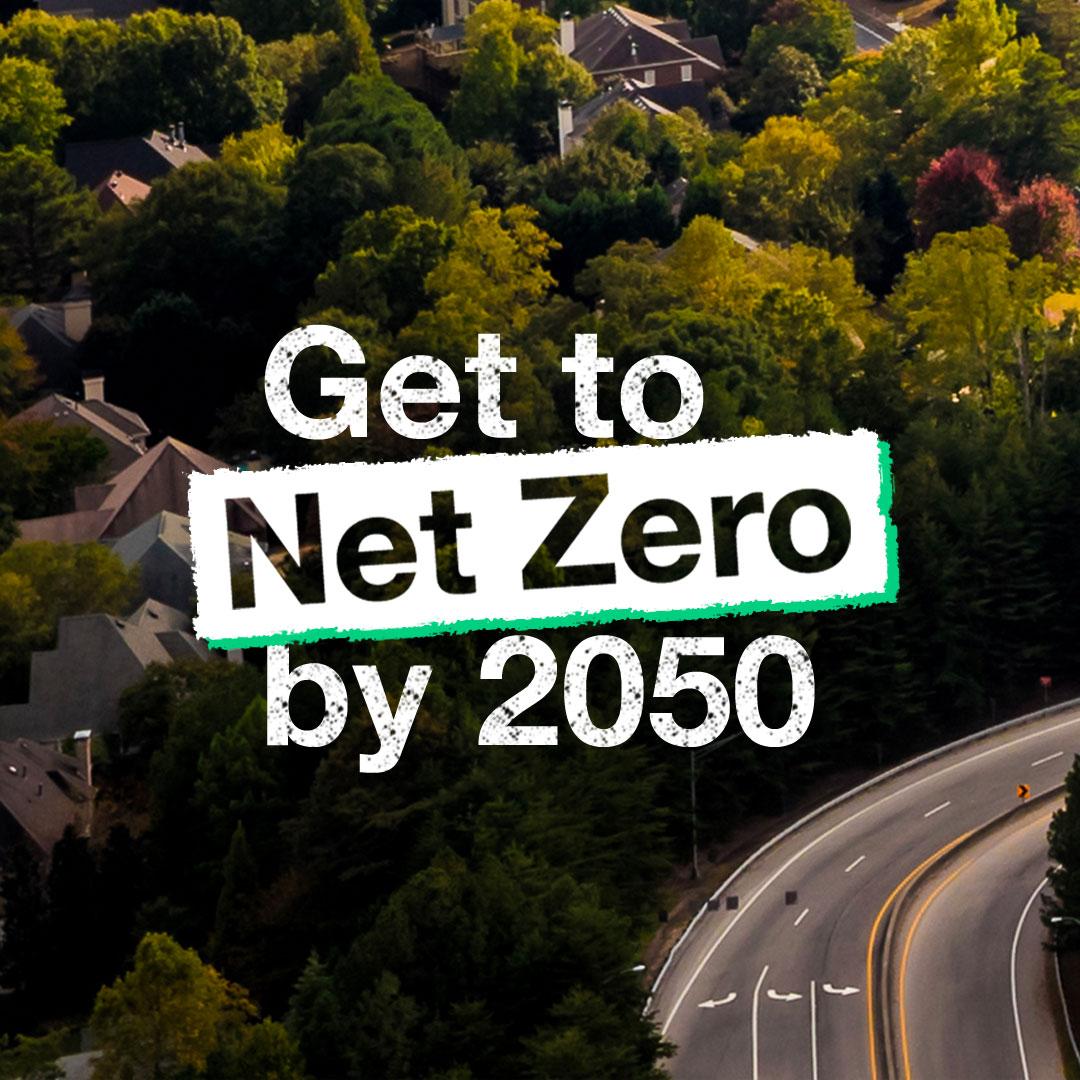
We celebrate today’s World Environment Day 2020 and the “Biodiversity” theme alongside other companies across the energy sector in support of the UN Environment Programme (#UNEP).
World Environment Day 2020 is widely celebrated in more than 143 countries. It is popularly being called “People’s Day” to show the care and support for the Earth and the environment. It is the ‘United Nations’ prime vehicle for encouraging awareness and action to protect our environment.
Knowing the ways to protect the environment is really important. That’s why Total has recently announced its ambition to get to net-zero emissions by 2050 together with society across its production and energy products used by its customers.
This ambition is supported by our Group-wide strategy to develop Total as a broad-energy company, with oil and gas, low-carbon electricity and carbon-neutrality solutions as integrated parts of its business. We are developing businesses that will help achieve carbon neutrality through providing energy efficiency services to our customers, and by investing in natural carbon sinks such as forests and wetlands, and in carbon capture, utilization and storage (CCUS).
And today, we set the highest ambition amongst the majors for our scope 3 average carbon intensity with less than 27.5 GCO2/MJ by 2050. All our employees are committed to better energy that is safer, more affordable, cleaner and accessible to as many people as possible.
You can find out more on our recent Net Zero Emissions announcement here.
*******
Three major steps to get Total to Net Zero:
- Net Zero across Total’s worldwide operations by 2050 or sooner (scope 1+2)
- Net Zero across all its production and energy products used by its customers in Europe (EU + Norway + UK) by 2050 or sooner (scope 1+2+3)
- 60% or more reduction in the average carbon intensity of energy products used worldwide by Total customers by 2050 (less than 27.5 gCO2/MJ) - with intermediate steps of 15% by 2030 and 35% by 2040 (scope 1 + 2 + 3)


